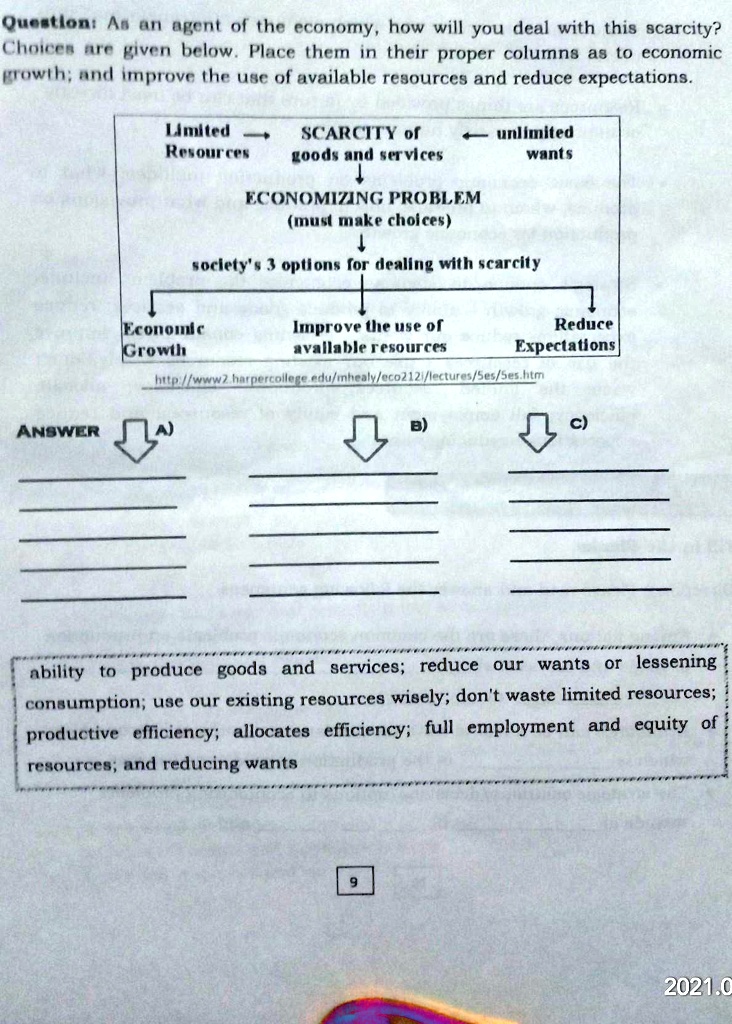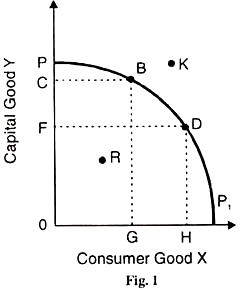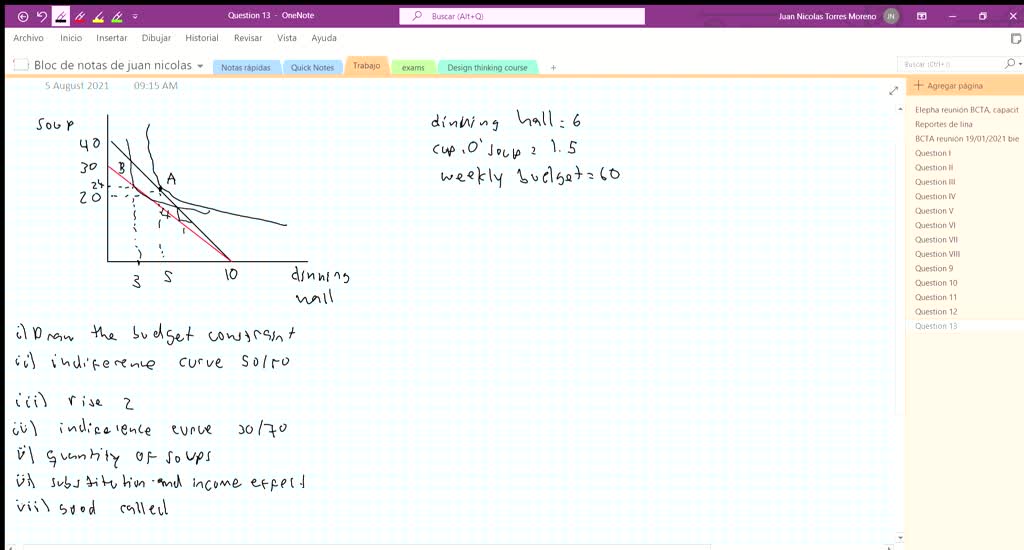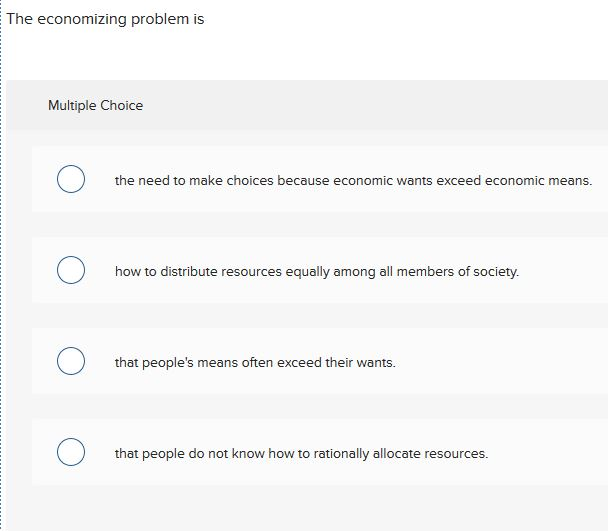The economizing problem is a fundamental concept in economics that refers to the allocation of limited resources in order to meet unlimited wants and needs. It is the central problem that all economic systems, whether they are capitalist, socialist, or mixed, must grapple with.
At its core, the economizing problem is about making choices. It is about deciding how to allocate resources in a way that maximizes the benefits to society. This involves trade-offs and sacrifices, as resources are limited and cannot be used to satisfy all wants and needs simultaneously.
One way to approach the economizing problem is through the use of the production possibility frontier (PPF). The PPF is a graphical representation of the trade-offs that an economy faces when allocating resources between two different goods or services. It shows the maximum amount of one good that can be produced for every possible level of production of the other good.
For example, consider an economy that produces only two goods: food and clothing. If the economy is producing a lot of food, it will have fewer resources available to produce clothing. As a result, the opportunity cost of producing one additional unit of food will be the amount of clothing that could have been produced with those resources instead.
The economizing problem is further complicated by the fact that resources are not equally suitable for producing different goods. Some resources, such as land and labor, are more suited to producing certain goods than others. This means that the opportunity cost of using a particular resource to produce one good may be higher or lower than the opportunity cost of using it to produce another good.
Ultimately, the economizing problem is about finding the optimal allocation of resources that maximizes the satisfaction of society's wants and needs. This involves weighing the costs and benefits of different production and consumption decisions, and taking into account the scarcity of resources and the preferences of individuals.
In conclusion, the economizing problem is a central concept in economics that deals with the allocation of limited resources in order to meet unlimited wants and needs. It involves making choices, trade-offs, and sacrifices, and requires taking into account the costs and benefits of different production and consumption decisions. Understanding the economizing problem is crucial for understanding how economies function and how to make informed decisions about resource allocation.







